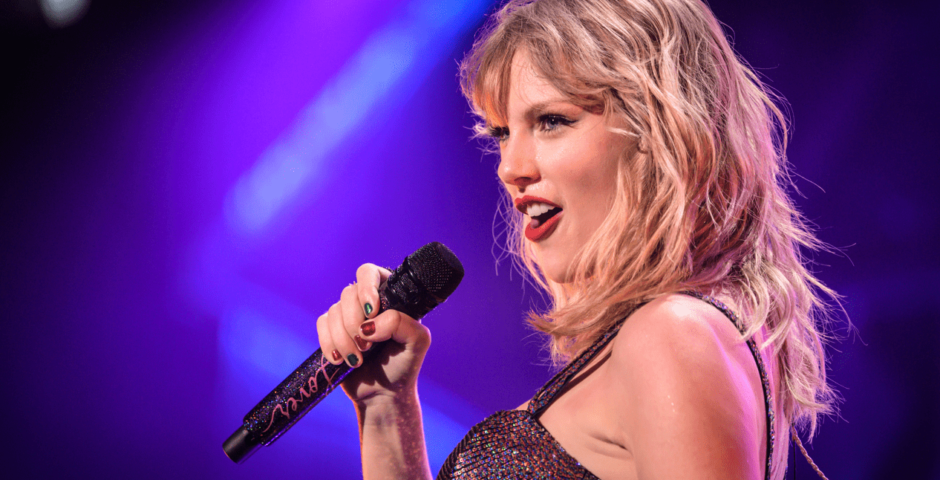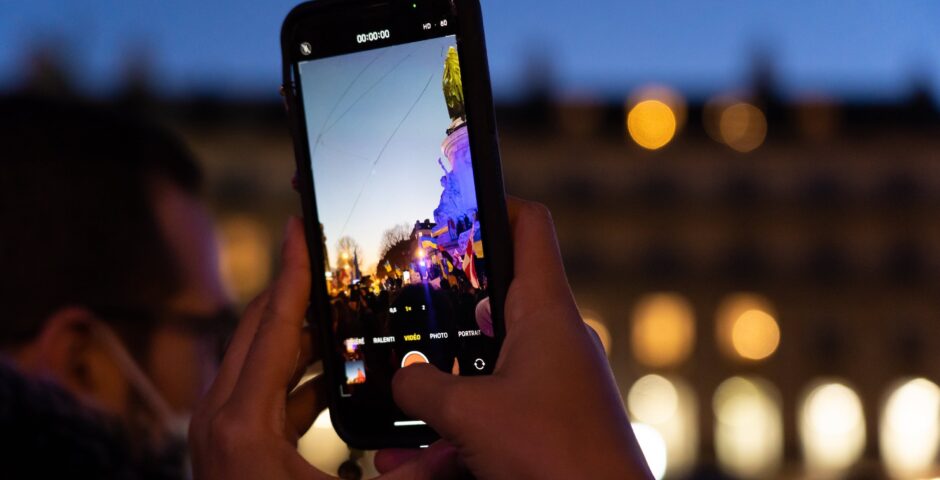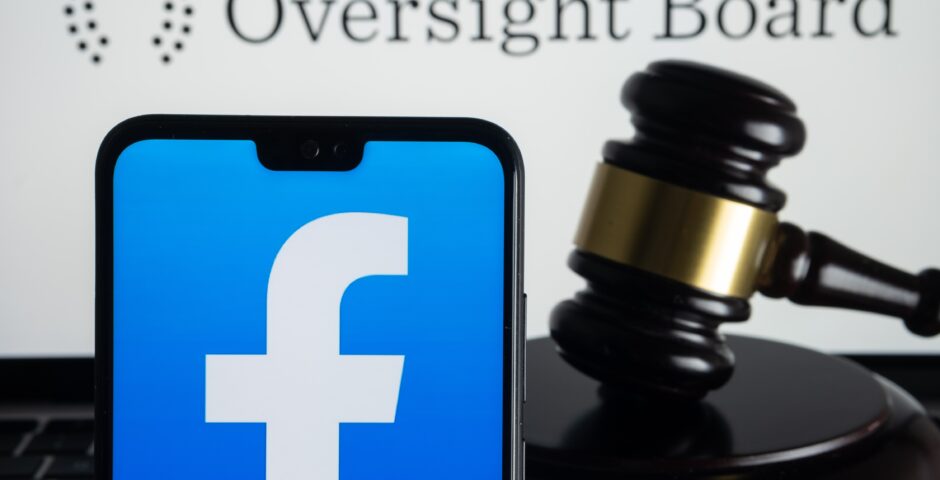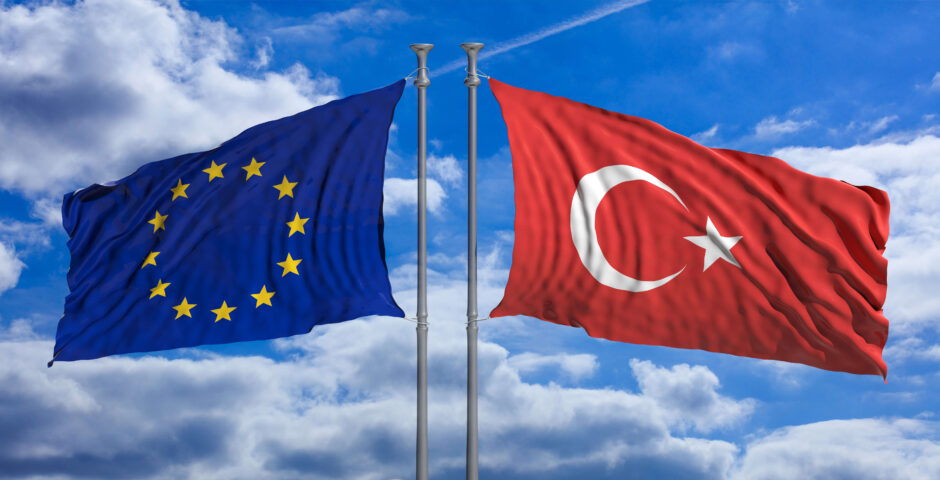Can Europe’s Taylor Swift please stand up?

The manuscript for fixing the European youth vote.
Better reach and motivate young people to vote in European elections? If it is up to European Commission vice-president Margaritis Schinas, this should be done by harnessing the reach and popularity of US pop icon Taylor Swift. Clever? Yes, because at a time in which social media is defining the way many young people live, European politicians risk losing touch with this generation. Problematic, especially during elections. It is, therefore, in Schinas’s words, “Young people who can mobilize other young people to participate, more than Commissioners’ ‘.
Taylor Swift stressing the importance of the young European voice? How did an American singer come to save European democracy? Because of her enormous popularity and outreach, of course, but under the guise of strategic autonomy (but slightly different), the European Union (EU) should dare to look further. In other words, doesn’t Europe have its own Taylor Swift? You will find out in this article! We highlight the use of soft power within politics, then look for European artists who could take on Swift’s role. However, we won’t do this before looking at examples where politics and popular culture have come together before.
Miss Americana
The EU’s request for help from Swift is not the first time politicians have called on her. Another recent example is that Israel has tried several times to get the singer to declare her support for the country. For example, in November 2023, the country’s official X account asked Taylor to use her platform to call on Hamas to return Israeli hostages. The account also posted a picture of Swift’s ex-bodyguard (who went to Israel to fight in the war) and tweeted several of her song lyrics. These were all attempts to provoke a reaction from the singer. Because: support from Taylor Swift automatically means a lot of support for your point of view.
Even though these efforts were in vain, the above shows how valuable Swift’s blessing is thought to be. But why is it that a celebrity who has nothing to do with politics finds herself in the middle of political discussions? And why do politicians, parties and states just love to use celebrities?
The ‘celebrity politics’ era
The chairman of the “Tortured Poets Department” is certainly not the first idol to use her platform to encourage political action among her fanbase. The phenomenon even has a name: “celebrity politics”. When celebrities use their platform and outreach to promote certain politicians, parties or ideologies, we are dealing with this form of political star power. The fact that celebrities can indeed influence people’s (voting) behaviour was proven by Taylor Swift herself when she first spoke out politically during the 2018 US elections in the state of Tennessee. Her post on Instagram resulted in 35,000 additional registered voters. Another example is the support that Oprah Winfrey expressed in 2006 for the then relatively unknown Barack Obama. It is estimated that Winfrey contributed to about a million votes for Obama during the primaries, meaning that President Barack Obama probably would not have been a reality without the extra exposure coming from the TV personality.
People like to trust the insights of celebrities. This is what study after study shows. There are several reasons for this. For one, people tend to trust what they recognise, and celebrities are very recognisable figures. We see them in films, on television and in magazines for years on end. This recognition creates a sense of trust and makes us more likely to listen to and believe their recommendations. In addition, celebrities also tend to be successful in their fields (sports, film, music, etc.), which creates credibility. After all, someone who gets so much recognition and does so well must know what they are talking about.
The moment someone you are a fan of or look up to supports a particular politician or party, you are more likely to trust that opinion. But it can go much further than that. The line can blur so much that celebrities also cross over into politics. For instance, ex-president Ronald Reagan was an actor first and ex-president Donald Trump a reality star. Ukrainian president Volodymyr Zelenskyy was also an actor before he made the switch to politics.
Music and politics
These examples may give the idea that celebrities’ meddling in politics is a fairly recent trend, which has certainly been allowed to grow in the age of social media. But nothing could be further from the truth. And nowhere is that influence more easily traceable than within the music industry. Music’s interference in politics has a long history. It goes back enormously far (say “as far back as the Greeks”-far back), but for the sake of overview, let’s keep it a bit more recent.
In recent history, we see the emergence of the first protest songs by Bob Dylan and Jimi Hendrix, among others, in the 1960s. Coming a little closer to the turn of the century, we see the rise of the punk scene. Traditionally, the punk scene in Europe has been strongly politically oriented, especially as the emergence of the movement virtually coincided with the squatting movement in the late 1970s. Punk music is hugely versatile, but is often associated with loud guitar music. In Europe, the British band “The Sex Pistols” is considered one of the founding fathers of this genre. Apart from the squatting movement, the context in which the genre originated was enormously politically charged: an oil crisis was going on and young people in particular saw their future shattered. Thus arose the “no future” idea that can be found in a lot of punk music. In terms of musical style, punk may be seen as a reaction to disco music, but in a broader political context it is also seen as a reaction to neoliberalism, capitalism, the Cold War and the threat of “the bomb” that could drop at any moment. In short, punk – and therefore music – is inextricably linked to politics.
Artists and politics
Europe thus has a rich history of music and politics. The punk movement, which has basically never seen an end, is a recent example of music artists openly speaking out against the political trends of their time, but what about today? Taylor Swift who spoke out politically by urging young people to vote is also calibrated in her dissatisfaction with a political trend in her home state, as seen in “Miss Americana”, the Netflix documentary on Swift. The documentary clearly shows how those around her fear the consequences of Swift speaking so openly about her political view, whereas she has avoided doing so in the past. The fear of this is not unjustified, as the age of social media and cancel culture we live in today has made it possible for music artists to lose their careers if they speak out (or fail to speak out) on political trends.
In Europe, there are plenty of examples of artists who have spoken out about social or political events and had to pay for it with loads of criticism. The example from 1992, when Irish singer Sinéad O’Connor spoke out against the alleged child abuse by Roman Catholic priests, has been much revived recently, following O’Connor’s death in summer 2023. O’Connor tore up a picture of Pope John Paul II during her appearance on US TV show “Saturday Night Live”. The singer faced so much criticism after this performance that she largely disappeared from the music scene, with an official announcement to do so permanently in 2003, which fortunately did not stay that way.
Sinéad O’Connor’s story clearly shows that speaking out can have fatal consequences for your career. Looking at today, both speaking out and not speaking out can have consequences. Social media is available to everyone and the power of the platforms is enormous. There is a lot of political and social unrest in the world with multiple wars and conflicts happening right now, as well as examples of overt discrimination and racism widespread across the internet. Music artists are often characterised as having a “role model function”. Not just speaking out, but deliberately remaining silent about events can thus also be criticised.
Whether people’s criticism is well-founded or unfounded, it creates a pressure on artists that cannot be ignored. Therefore, you can also see that many artists deliberately avoid getting involved in today’s big political trends. To name just one of the biggest European artists of the moment: Harry Styles. While Styles has spoken out about his political affiliation in the past (we are talking about 2013), he has since been quite aloof in making political statements on the European stage (specifically European, because in US politics, like Taylor Swift, he has called on young people to register to vote). However, there are also plenty of European artists who do speak out: Dua Lipa, Rina Sawayama, and Måneskin are stars who have made themselves heard very recently.
Soft power and the EU
So there may be plenty of European artists of great popularity that the EU can use to better mobilise the youth vote. Before we start looking for the best candidates, we are curious to know what exactly is the political context behind this, viewed from the perspective of the EU.
Where politics and pop culture, the arts sector, the sports world or other forms of expression deliberately come together with a political intention, there is often the deployment of what is called soft power. Soft power, as opposed to hard power, can be seen as the political ability to convince the other of certain values and ideals without deploying the more traditional material and physical ways of getting this done, for example military force. Soft power is thus mainly focused on persuasion and seduction. Celebrity politics is for that reason a good example of soft power. An important means of soft power is cultural persuasion. Through cultural expression, certain unique values, norms or ideas can spill over to others, provided this is done in a convincing way.
The deployment of cultural soft power by the EU can take place indirectly but also directly. Indirectly, it occurs when certain values, norms or ideas are spread, largely independent of political control. Directly, it can occur when, for instance, the EU deploys what is called cultural diplomacy. This process, which is typically a form of soft power, involves the exchange of, among other things, ideas, information, art, language and other cultural forms that can foster mutual understanding and thus positive cooperation between different countries.
That the EU would possibly approach Taylor Swift is entirely in line with the idea of soft power. The way in which pop icons like Swift can spread certain norms, values or ideas goes beyond the degree of influence the EU has in the same area. In short, then, it is not a bad idea that the EU should put more effort into cultural soft power and harnessing the popularity of these non-political actors among target groups that European politicians hardly reach. Especially during elections.
In search of Europe’s own Taylor Swift
All right, even though it is great fun to talk about Taylor Swift, it is now time to focus on European artists. After all, why should it be an American artist, of all people, who is urging Europe’s youth to vote in the European Parliament elections? Right, that sounds a bit strange. But then who should take on that role? In the press conference in which Schinas called on Taylor Swift to encourage young people to vote during her concerts in Europe, he also said the following: “No one can mobilise young people better than young people.” So the ideal candidate is young, has an appeal to young people and preferably comes from a European member state. With this list, we can certainly come up with some good candidates!
One band whose members are not at a loss for words and who might also fit into the traditional relationship between politics and music is, of course, Måneskin. Since this band won the Eurovision Song Contest in 2021, they have become a global act. Lead singer Damiano David indicated back in an interview with The Guardian in 2023 that everything they do can be seen as political. The band is certainly not afraid to speak out politically. The band members see politics as intertwined with their activities as artists. Another artist who (thanks in particular to social media) has gained more and more fame in recent years and who also makes herself heard when it comes to politics is Rosalía. The Spanish singer has managed to gather a horde of young fans with her Spanish-language music. Moreover, after the Spanish elections in 2019, among others, she has not stopped herself from expressing her opinion on the outcome. Of course, this was a while ago, but maybe by now she would be willing to rouse her fanbase to come and vote again?
Is this all? No, certainly not. The list could still include Dua Lipa (she was born in the UK, but since 2022 she also has Albanian citizenship. Albania has been a candidate for EU-membership since 2014), Stromae (although unfortunately he is not very active at the moment) and Rina Sawayama (although as a Japanese-British artist, she does not tick off the “coming from an EU Member State” box). All of them world-renowned artists. Yet we, the Dutch, want to make a special mention for our “own” Joost Klein. Joost Klein? Yes of course, Joost Klein! He has been known in the Netherlands, Belgium and Germany for a few years now, but has also been working hard on his wider European career. This is getting a big boost now that he will represent the Netherlands at this year’s Eurovision Song Contest. The video clip of his entry Europapa has already been watched 16 million times; much more than those of his competitors. In addition, the song is seen as an anthem for Europe. Indeed, the lyrics greatly clarify how connected Europe is to each other, as he sings (in Dutch) “[I] thankfully don’t need a visa to be with you”.
In a nutshell, there are plenty of artists who can use their influence in the run-up to the European Parliament elections to encourage their – often young – fans to vote! Although, of course, we wouldn’t mind at all if Taylor Swift gave us a hand in this, either.
Bram Breimer holds a Bachelor’s degree in Political Science from the Vrije Universiteit Amsterdam, focusing on Global Politics and International Security. He is currently pursuing a Master’s degree in European Politics and External Relations at the University of Amsterdam.
Former editor-in-chief of Shaping Europe Linda den Bol has a master’s degree in European governance and works as a policy developer in Dutch local government. But more importantly, she is an OG Swiftie.
Image: Shutterstock




